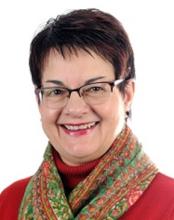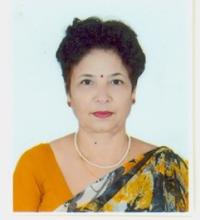Global Nursing Leadership Institute™ 2023
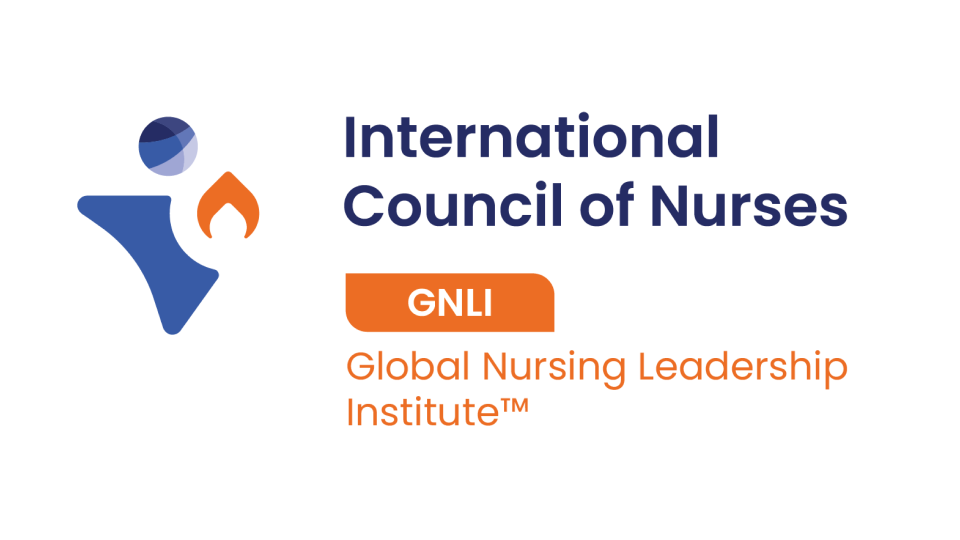
Nurses from around the world will be selected as GNLI 2023 scholars through a competitive process. Successful applicants from high and middle-income countries will be expected to find their own source of funding to attend, while bursaries may be available for those from low-income countries (as per the World Bank classification). All applicants will be required to demonstrate support from their employer, national nursing association or other professional organisation, and professional network. Working with internationally respected facilitators and speakers, and with access to online policy resources and tailor-made materials, GNLI scholars will enjoy opportunities to network with ICN and other global and regional health institutions and leaders. They will develop their competence in strategically influencing policy and enhance their capacity to work for better health outcomes.
Current Programme Fees
| ICN Members* | 3,500 CHF (Swiss Francs)** |
| Non-members | 5,000 CHF (Swiss Francs)** |
| Bursaries | Bursaries may be offered to applicants working, living and participating from a low- / lower middle-income country as per the World Bank classification.*** |
*To consult ICN Member’s list consult the "Our members" section of the website.
**The fees cover all tuition; programme learning materials; use of and access to the online educational platform; full accommodation and meals for the residential Module (20-27 October 2023); transfers from/to Geneva airport on arrival/departure; receptions; one site visit.
***To consult the list click here.
Programme Overview
The GNLI encourages you to focus on your personal and professional development as a necessary foundation to becoming a more effective leader. You will set your own programme goals during Module 1, using templates and support documents; review and develop your competencies during Module 2; and create an individual development plan to work on during and beyond the programme.
Module 1 launches on 6 June 2023
with a 2-hour all-scholar session to orient you to the programme. This session is followed by three 2-hour sessions of scholars in their WHO Region and includes a meeting with the WHO Regional Office’s lead for nursing and midwifery to learn about the region’s priorities, Subsequently, scholars in each region will develop and work on a policy-related regional project that aligns with the WHO regional priorities. The group will identify the project by the end of Module 1 and present the project plan to a diverse group of potential stakeholders at the end of Module 3. You will also have opportunities to meet with your regional group during Module 2 to continue to work on the project plan. This group project will provide you with a regional network of nurse colleagues to continue collaborations beyond the GNLI.
You will also be asked to identify and work on a real-life individual project connected to policy in some way, whether in the short-term or long-term, to enable you to apply some of the lessons around strategies to be an effective leader in policy. This can be a project in which you are already engaged.
Module 2 (20-27 October 2023)
provides the intensive interactive learning experiences that constitute the core of GNLI and traditionally takes place at an ecumenical retreat centre near Geneva. Scholars are expected to arrive on or before 20 October to begin the in-person programme on the morning of 21 October. Scholars are expected to be fully present for the entire week. Meals are shared with other scholars, faculty and guests. The days begin at 08:00 CET and end after dinner around 21:00.
This module includes discussions of the policy process and its political context; strategies for evidence-based policy change that promote population health; the role of nurses in leading local, national, regional and global health and social policy; and effective communication skills for leaders including framing, messaging and use of media. It provides opportunities for in-depth explorations of the social determinants of health (SDOH), Sustainable Development Goals (SDGs), health disparities and gender equity, with reflections on their relevance to the work of ICN, WHO and the WHO Global Strategic Directions for Nursing and Midwifery (GSDNM). It includes a site visit to the WHO headquarters and meetings with global leaders. The module provides you with opportunities to reflect on effective strategies for policy change in your individual projects, your own country, your region and the world. You will also be able to continue your discussions of your regional projects. Scholars will engage in individual and group exercises, and participate in ongoing critical analyses and self- and group reflections.
This is a blended learning programme through which you engage with experts and colleagues using stimulating and supportive action-learning methods. It is not an academic lecture series, although it introduces concepts and theories where appropriate, and is rooted in evidence as well as experience.
Assessment
- Self-assessment
All GNLI scholars are asked to assess their policy leadership competencies at the beginning of the programme and set their own GNLI goals. You will review these competencies at the end of Module 1 and create your own individual development plan to work on during Module 2 and beyond.
- Programme evaluation
You will be invited to participate in formative and summative evaluations of the modules and the overall programme.
- GNLI Certification
Scholars are required to attend a minimum of 80% of all scheduled sessions to receive a certificate of completion of the programme and be a part of the GNLI Alumni Network.
- Education credits
International Continuing Nursing Education Credits (ICNECS) have been granted.
Programme Faculty

Diana J. Mason, PhD, RN, FAAN, (New York, USA)
Programme Director for GNLI and Facilitator for the PAHO/AMRO region
See more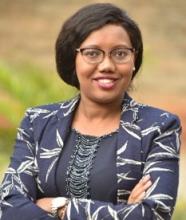
Edna C. Tallam–Kimaiyo, RN, MPH, PhD, CGNC (Nairobi-Kenya, East Africa Region)
GNLI 2023 Faculty and Facilitator for the AFRO and EMRO regions
See more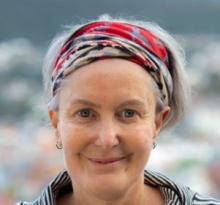
Catherine Schofield, RN, MN, GCNC (Tasmania, Australia)
GNLI 2023 Faculty and Facilitator for the WPRO regions
See moreWays of Working
Part of building a learning community is agreeing on how we want to work together. Also called “ground rules” or “principles of engagement,” our “ways of working” together will help us to create a safe space and trusted community of scholars:
- Be prepared.
- Respect everyone as experts.
- One person speaks at a time; communicate clearly at all times.
- Listen actively to others.
- Participate actively and thoughtfully.
- Be fully present; includes turning cell/mobile phones off and not multi-tasking during sessions.
- Observe confidentiality: ‘What is said in the Zoom Room, stays in the Zoom Room.’ No tweeting during sessions or sharing specific information or photos with others outside the group, unless permission obtained.
- Bring concerns back to the group during check in, check out, or anytime during the session.
- Disagree with ideas, always respectfully; avoid making personal observations about other people.
- Start and end on time.

